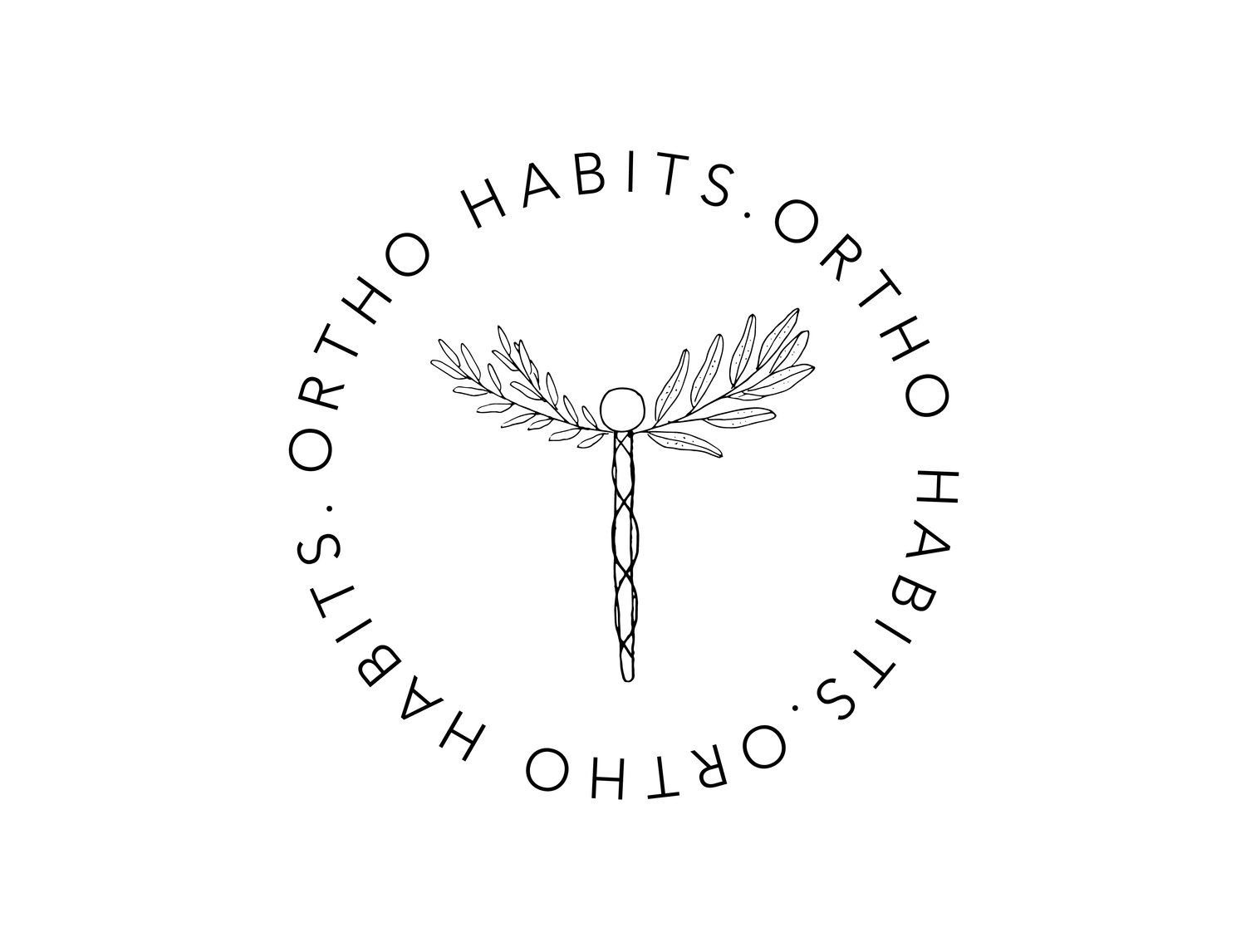....Dat kleine vlindervormige kliertje..That little butterfly-shaped gland....
....Dat vlindervormige endocriene kliertje... De schildklier is een kleine klier dat zich in de hals bevindt, normaal gesproken iets minder dan een ons weegt en onderdeel is van het endocriene systeem in het lichaam.
Het is de taak van de schildklier om hormonen te maken - vooral triiodothyronine (T3) en thyroxine (T4) - die worden afgescheiden uit het bloed en van de schildklier naar andere weefsels in het lichaam worden vervoerd. Deze hormonen reguleren uw metabolisme, lichaamstemperatuur, spijsvertering en hersenfuncties, zelfs uw humeur en energieniveaus. Ervoor zorgen dat uw schildklier goed functioneert, is een uiterst belangrijk onderdeel van uw algehele gezondheid.
Over het algemeen zijn de onderliggende oorzaken van schildklieraandoeningen onbekend. Hoewel er een genetische aanleg is, leveren omgevings- en leefstijlfactoren altijd een grote bijdrage. Dingen als voedingstekorten, constante stress, darmpermeabiliteit en een onevenwichtige microbiota kunnen allemaal een rol spelen. De onderliggende oorzaak en de beste behandelmethode hangen grotendeels af van het type schildklieraandoening dat u heeft.
Wat zijn enkele van de veel voorkomende tekenen en symptomen van een schildklieraandoening en wat ze betekenen:
Bij hypothyreoïdie ⬇
Hypothyreoïdie is wanneer uw schildklier slecht presteert of onvoldoende schildklierhormoon aanmaakt om actief te blijven. Omdat je lichaam een bepaalde hoeveelheid van deze hormonen nodig heeft om goed te functioneren, veroorzaakt deze aandoening symptomen die verband houden met het vertragen van de systemen van je lichaam.
Vermoeidheid
Langzame hartslag
Vergeetachtigheid
Spierpijn
Gewichtstoename
Depressie
Zwakheid
Hogere gevoeligheid voor kou
Droge huid
Bij hyperthyreoïdie ⬆
Hyperthyreoïdie treedt op wanneer uw schildklier overactief is, waardoor deze te veel schildklierhormoon produceert. Naarmate de productie versnelt, raken bijna alle systemen van je lichaam uit balans. Graves Disease is de meest voorkomende vorm van hyperthyreoïdie, waardoor uw ogen groot lijken en de nek opzwelt, waardoor het gemakkelijker te identificeren is.
Snel gewichtsverlies
Prikkelbaarheid
Rusteloosheid
Hartslag verhoging
Angst
Moeite met slapen
Meer zweten
Door de oorzaak van schildklierdisfunctie te identificeren, kunt u gerelateerde symptomen elimineren en u weer op uw best voelen. Zorg er voor dat uw testen grondig zijn. Hier bij Ortho Habits testen we niet alleen op schildklierstimulerend hormoon (TSH), maar kijken we ook naar verschillende T3- en T4-niveaus, anti-thyroglobuline, anti-TPO-antilichamen, ontstekingsmarkers, vitamine D en andere voedingstekorten geassocieerd met schildklieraandoeningen . Vervolgens bepalen we de beste manier van handelen voor u. Als u lijdt aan een schildklieraandoening, begint u met deze leefstijlwijzigingen op weg naar een betere schildkliergezondheid.
Wat kunt u reeds doen om uw schildklierproblemen op te lossen?
Bekijk als eerste uw dieet, het eten van het juiste voedsel voor uw lichaam is een essentieel onderdeel van het verbeteren van de schildkliergezondheid en dit kan er voor iedereen anders uitzien, maar neem ook eens een uw leefstijl onder de loep.
Vermijd geraffineerde suikers
Elimineer soja
Eet meer schildklierbevorderend voedingsstoffen (paranoten, oesters, dulse zeewier vlokken, avocado's, donkere bladgroenten, …)
Supplementeer voedingsdeficiënties (jodium, zink, selenium, vitamine D, and ijzer)
Probeer eens adaptogene kruiden (vb. Ashwaganda)
Doorbreek stress
Blijf uit de buurt van gifstoffen
Vermijd zware metalen
..That little butterfly-shaped endocrine gland... The thyroid gland is a small gland located in the front of the neck, normally weighing less than one ounce, it is part of the endocrine system in the body.
The thyroid’s job is to make hormones—most importantly triiodothyronine (T3) and thyroxine (T4)—that are secreted from the blood and carried from your thyroid to other tissues in your body. These hormones work to regulate your metabolism, body temperature, digestive and brain functions, even mood and energy levels. Ensuring your thyroid is properly functioning is an extremely important part of your overall health.
Generally, the underlying causes of thyroid conditions are unknown. While there is a genetic predisposition, environmental and lifestyle factors are always another contributor. Things like nutritional deficiencies, constant stress, intestinal permeability, and an imbalanced microbiota can all be at play. The underlying cause and the best method of treatment largely depend on what type of thyroid disease you have.
What are some of the common signs and symptoms of a thyroid condition and what they mean:
With hypothyroidism ⬇
Hypothyroidism is when your thyroid gland is underperforming—or not making enough thyroid hormone to remain active. Since your body needs
a certain amount of these hormones to function properly, this condition will cause symptoms associated with the slowing down of your body’s systems.
Fatigue
Slow heart rate
Forgetfulness
Muscle aches
Weight gain
Depression
Weakness
Increase sensitivity to cold
Dry skin
With hyperthyroidism ⬆
Hyperthyroidism occurs when your thyroid gland is overactive, causing it to produce too much thyroid hormone. As the production speeds up, it throws almost all of your body’s systems out of balance. Graves Disease is the most common form of hyperthyroidism, which causes your eyes to appear large and neck to swell, making it easier to identify.
Rapid weight loss
Irritability
Restlessness
Increase heart rate
Anxiety
Difficulty sleeping
Increased sweating
Identifying the root cause of thyroid dysfunction will help you eliminate related symptoms and get back to feeling your best. Make sure your testing is in depth. Here at Ortho Habits, we not only test for Thyroid Stimulating Hormone (TSH), but in addition we look at various T3 and T4 levels, anti- thyroglobulin, anti-TPO antibodies, inflammatory markers, vitamin D and other nutritional deficiencies associated with thyroid disorders. Then, we determine the best course of action for you. If you’re suffering from a thyroid disorder, starting with these lifestyle changes will set you on the path to better thyroid health.
What can you do to naturally resolve your thyroid problems?
Start by revamping your diet, eating the right foods for your body is an essential part of improving thyroid health and this can look different for everyone, as well as taking a closer look at your lifestyle.
Avoid refined sugars
Eliminate soy
Eat more thyroid-boosting foods (Brazil nuts, oysters, dulse flakes, avocados, dark leafy greens, …)
Supplement nutritional deficiencies (iodine, zinc, selenium, vitamin D, and iron)
Try adaptogenic herbs (e.g. Ashwaganda)
Bust stress
Steer clear of toxins
Avoid heavy metals
....




